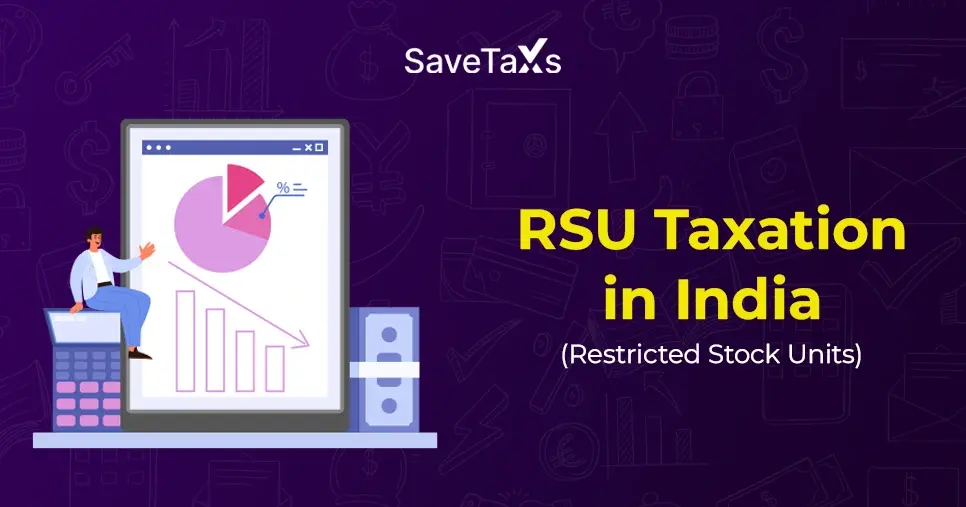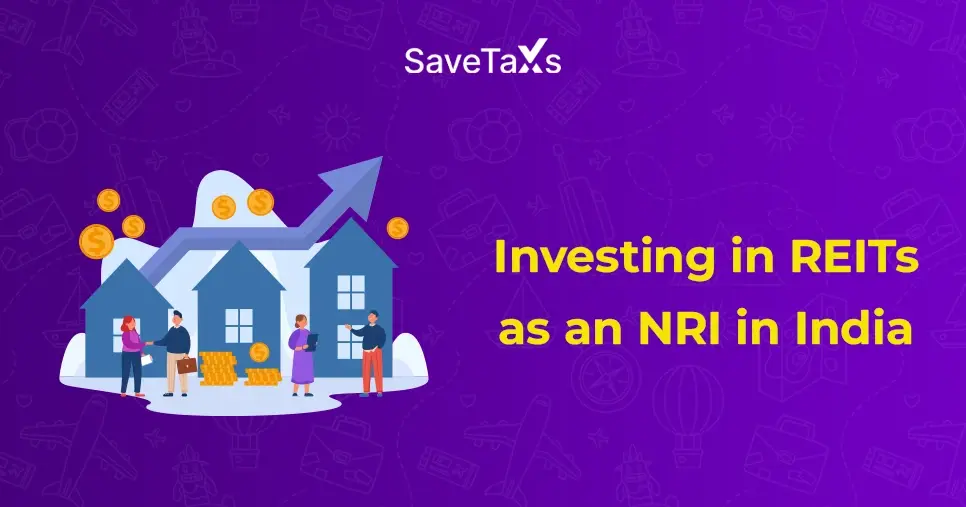- What is the Section 80EE Deduction?
- Conditions to Claim Section 80EE Deduction
- Eligibility Criteria to Claim a Deduction Under Section 80EE
- Things to Remember While Claiming a Deduction Under Section 80EE
- Documents Required to Claim Deduction Under Section 80EE
- The Housing Loan Tax Benefits
- Section 80EE Vs Section 80EEA
- Need Expert Assistance On Section 80EE?
When buying your first home, the Income Tax allows some additional income tax deductions on your home loan interest. Under section 80EE of the IT Act, first-time home buyers are eligible for an additional deduction of INR 50,000 per financial year on top of the INR 2 lakh deduction under section 24(b).
However, the home loan must be sanctioned between April 1, 2016, and March 31, 2017. Additionally, the property's value cannot exceed INR 50 lakhs, and the loan amount must be INR 35 lakhs or less. The benefits of Section 80EE are applicable in addition to the deductions of Section 24 (b), and yes, these deductions apply only to the taxpayer who has chosen the old tax regime.
Note: If the home loan is sanctioned between April 1, 2019, and March 31, 2022, and the stamp duty value of the property is less than or equal to INR 45 lakhs, the deductions can still be claimed under section 80EEA.
In this blog topic, we will talk about how an aspiring first-time home loan buyer can avail a deduction on interest on home loan under Income tax section 80EE.
What is the Section 80EE Deduction?
The Income Tax Act Section 80EE states that a first-time home buyer is eligible to claim a deduction on the interest on home loan. The deduction is up to INR 50,000 per year on the housing loan above the deduction under the IT Act section 24(b).
Conditions to Claim Section 80EE Deduction
The conditions to claim a deduction under section 80EE of the Income Tax Act are mentioned below.:
Applicable to: Only individual taxpayers, including Indian residents or NRIs. AOPs, HUFs, firms, companies, and other entities are not eligible to claim a deduction under this section.
Eligibility: This deduction is eligible for first-time home buyers, and the property should be located in India.
Maximum Deduction Limit: Up to Rs. 50,000 for a financial year.
Loan Criteria: The home loan must be sanctioned between April 1, 2016, and March 31, 2017.
Value of Property: The value of the property must not exceed the threshold of Rs 50 lakh.
Loan Amount Limit: The residential loan amount should not exceed the threshold of Rs 35 lakh.
Tax Regime: The deduction under this scheme is only available under the old tax regime.
Eligibility Criteria to Claim a Deduction Under Section 80EE
Below mentioned is the eligibility criteria for claiming a deduction under section 80EE of the Income Tax Act:
- The deduction under this section is available to individuals. AOP, companies, firms, or any other entities are not liable to claim a deduction under this act.
- The deduction under these sections applies only to the purchase of the first residential property.
- The housing loan must be sanctioned either by a legitimate financial institution or a housing finance company.
- The loan should have been availed between April 1, 2016, and 31st March 2017.
- The value of the residential property must not exceed the threshold of 50 lakhs.
- The loan sanctioned limit must be up to Rs 35 lakhs.
Things to Remember While Claiming a Deduction Under Section 80EE
A few things to remember while claiming a deduction under this section are that:
- The non-resident Indian (NRI) is also eligible to claim the deduction under Section 80EE.
- The deduction under section 80EE is allowable on both let-out property and a self-occupied property, provided they are residential.
- The property must be purchased in India, although this requirement is not explicitly stated. However, considering the essence of this section's introduction, it appears to be the case.
- If two individuals jointly own a property and both parties are paying the loan installment, then both of them can claim this deduction under the IT Act.
Documents Required to Claim Deduction Under Section 80EE
The documents mentioned below will be needed to claim the deduction under section 80EE of the IT Act:
- The interest certificate for the year, which signifies the interest component and the principal for the financial year.
- A home loan sanction letter from the concerned bank.
- Loan agreement.
- The documents of the property that confirm its value.
The Housing Loan Tax Benefits
Apart from section 80EE, there are other sections as well under which you can claim housing loan tax benefits on both the principal and the interest payments of your home loan.
| Particulars | Limit of Deduction for Self-Occupied Property | Limit of Deduction for Let-out Property |
|---|---|---|
| Section 80C (On the principal Amount) | 1,50,000 | 1,50,000 |
| Section 24(b) (On the interest amount) | 2,00,000 | No Limit |
| Section 80EE (On the interest amount) | 50,000 | 50,000 |
| Section 80EEA | 1,50,000 | Not Applicable (NA) |
Section 80EE Vs Section 80EEA
The Union Budget 2019 introduced a new section in the Income Tax Act, 80EEA, to extend the tax benefits of home loan interest deductions to up to Rs 1,50,000 on the housing loans taken in the time frame of 1 April 2019 to 31 March 2022.
Let us understand both sections with the help of a table:
| Basis of Difference | Section 80EE | Section 80EEA |
|---|---|---|
| Loan Sanction Period | 1 April 2026 to 31 March 2017 | 1 April 2019 to 31 March 2022 |
| Limit of deduction on paid interest | Rs 50,000 | Rs 1,50,000 |
| Loan Amount Limit | Rs 35,00,000 | No limit |
| House value | Rs 50 Lakhs | Rs 45 Lakh (Stamp duty value) |
Need Expert Assistance On Section 80EE?
Section 80EE of Income Tax Act is an essential section for first-time home buyers as it allows a home loan interest tax deduction of Rs 50,000 on the home loan interest in a financial year. However, the decision is available only for those who were sanctioned between the period of 1st April 2016 and 31 March 2017. To avail of the benefits under this section and other relevant sections, NRIs should consult an NRI specialist tax expert to make informed decisions based on their current financial status.
Savetaxs, a NRI taxation firm, has been helping non-resident Indians (NRIs) for decades now in various taxation and tax consultancy services. The static client base is the epitome of the kind of services we offer. Our experts have experience of over 30 years in this domain, so you're in for the best tax advice.
Connect with us today and sail through the oceans of taxes effortlessly.
Note: This guide is for informational purposes only. The views expressed in this guide are personal and do not constitute the views of Savetaxs. Savetaxs or the author will not be responsible for any direct or indirect loss incurred by the reader for taking any decision based on the information or the contents. It is advisable to consult with either a Chartered Accountant (CA) or a professional Company Secretary (CS) from the Savetaxs team, as they are familiar with the current regulations and help you make accurate decisions and maintain accuracy throughout the whole process.

Mr Shaw brings 8 years of experience in auditing and taxation. He has a deep understanding of disciplinary regulations and delivers comprehensive auditing services to businesses and individuals. From financial auditing to tax planning, risk assessment, and financial reporting. Mr Shaw's expertise is impeccable.
- Intimation Under Section 143(1) of Income Tax Act – ITR Intimation Password
- Taxation of Foreign Source of Income in India for NRIs
- NRI Tax Planning Tips For 2026-27 - CA Certified Insights
- Section 80CCC: Deduction on Pension Fund Contributions
- Section 115BAC New Tax Regime 2025: Slabs, Benefits, Exemptions & Deductions
Want to read more? Explore Blogs
Frequently Asked Questions
No matter what your source of income is, we've got you covered. There’s a plan for everybody!
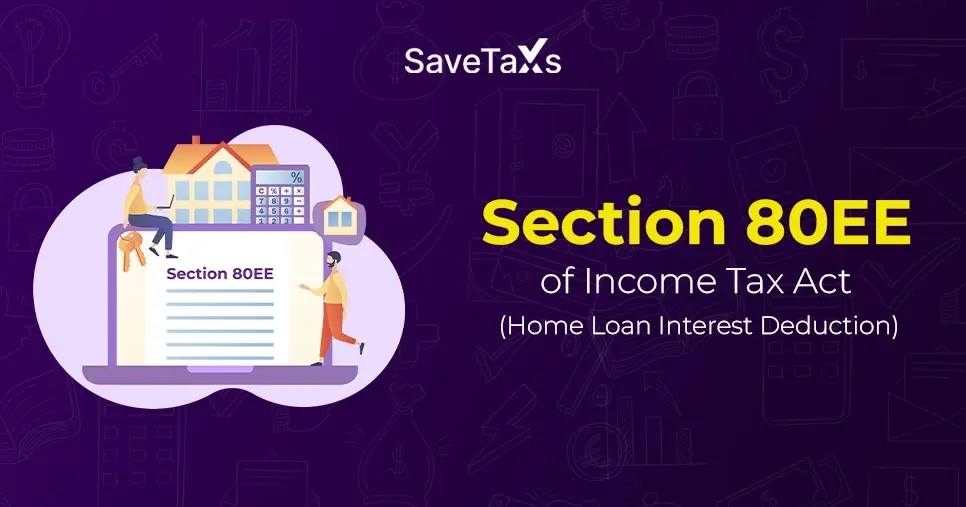
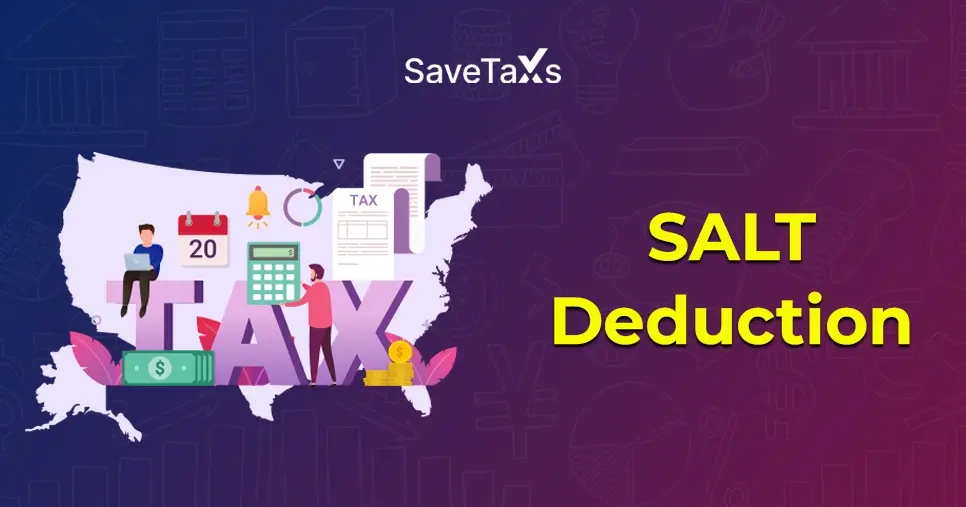
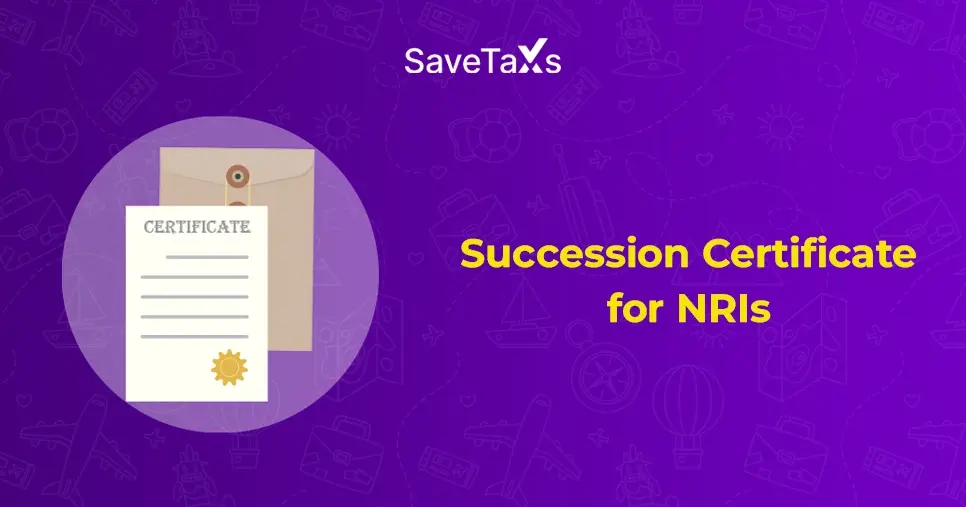
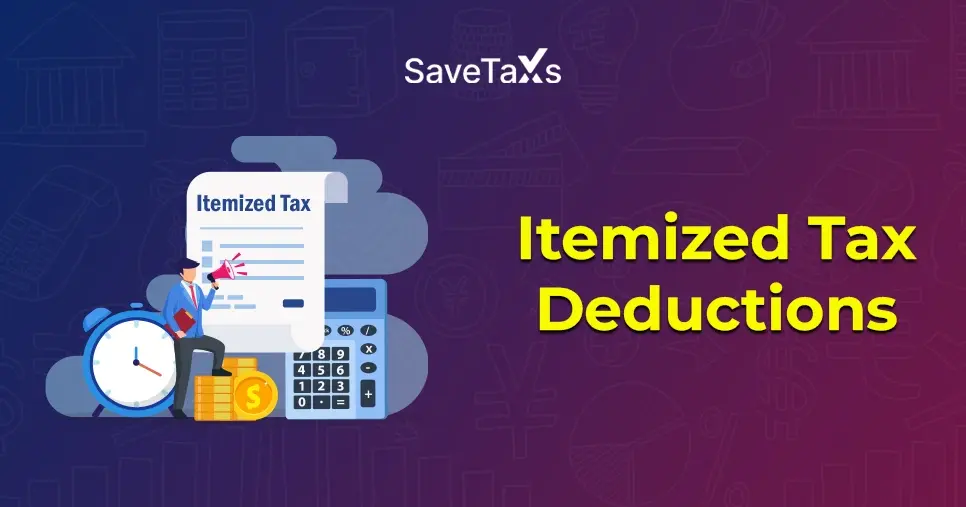
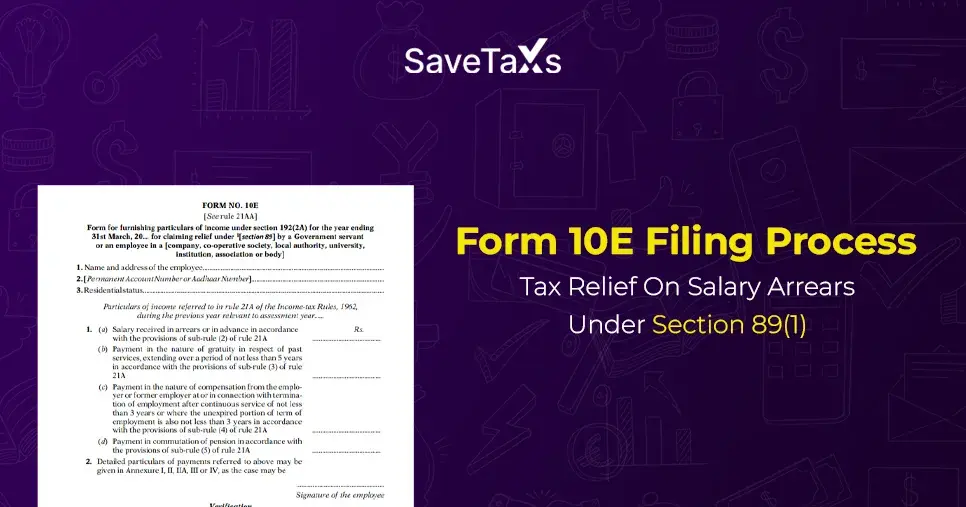
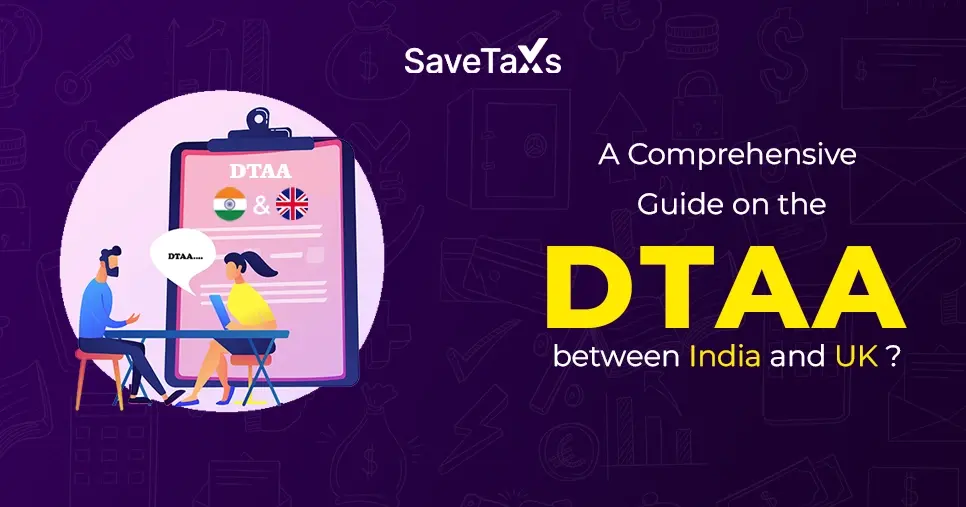
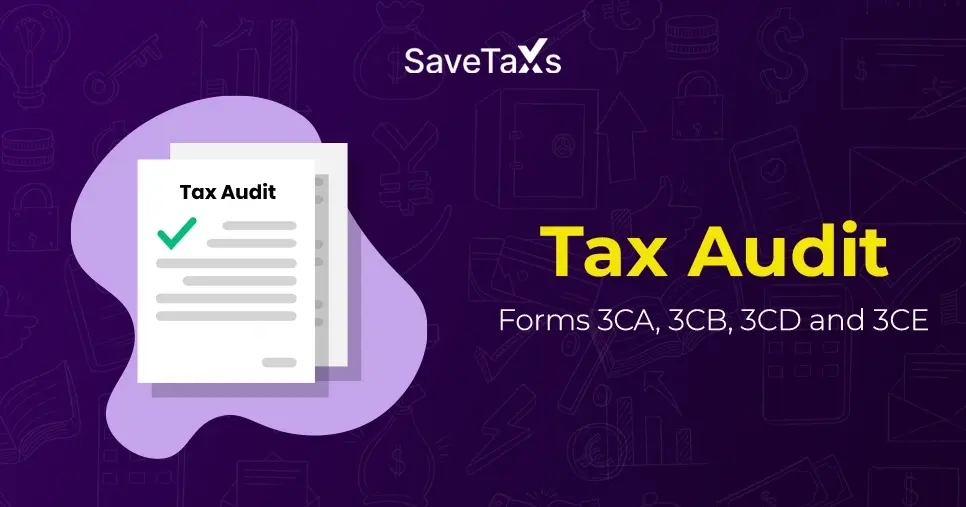

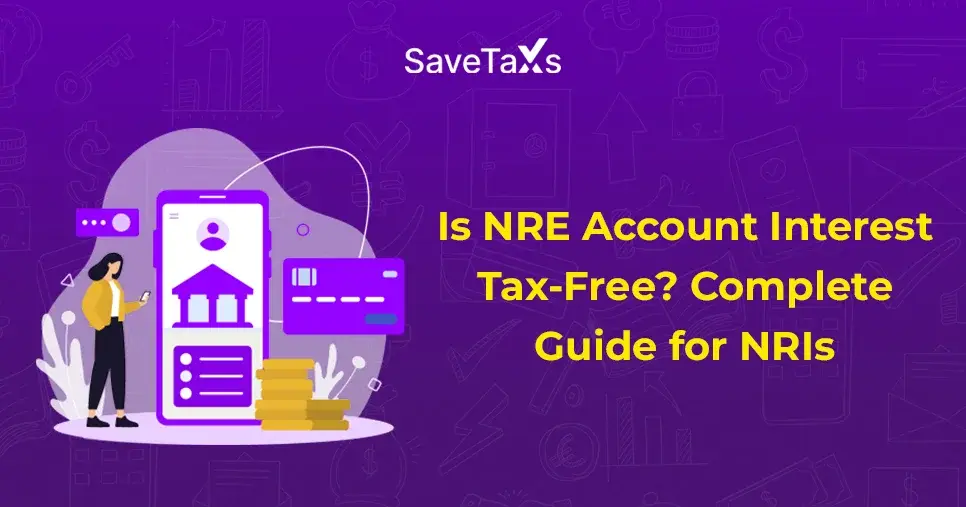
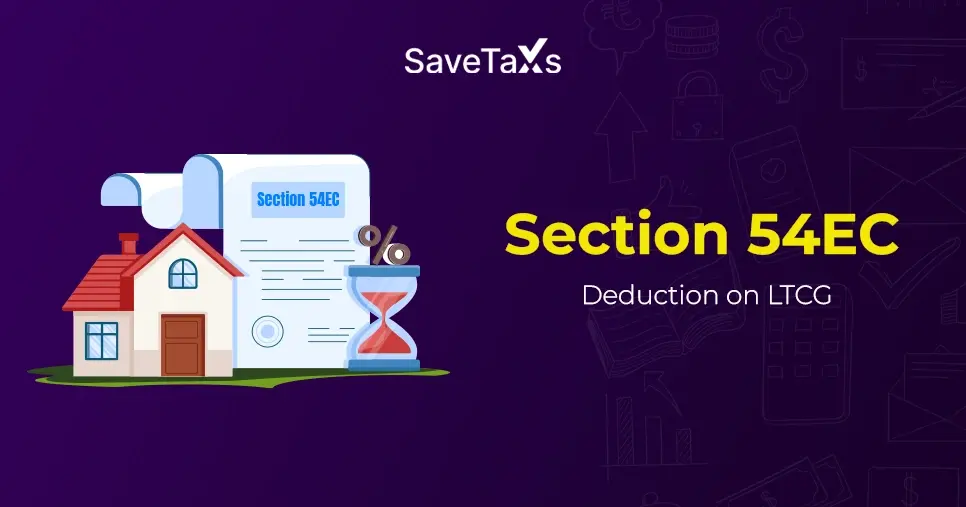
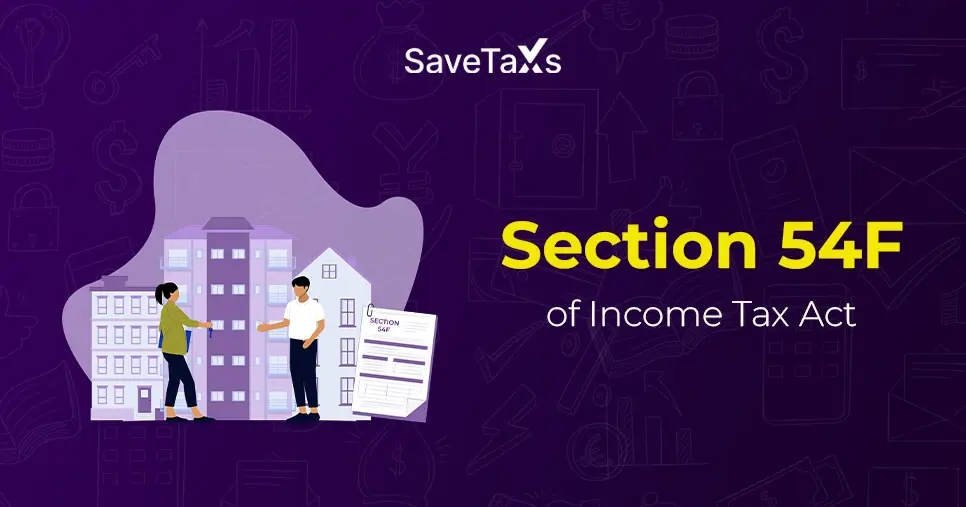
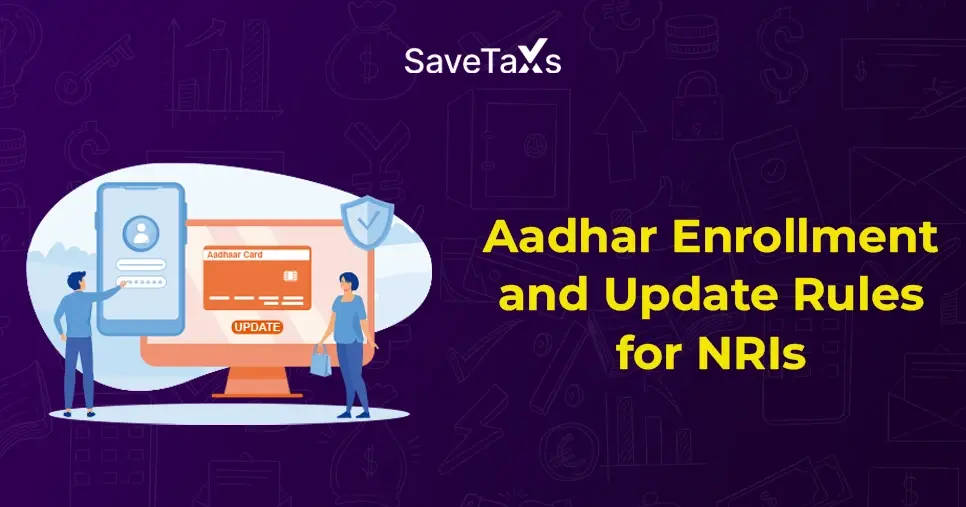
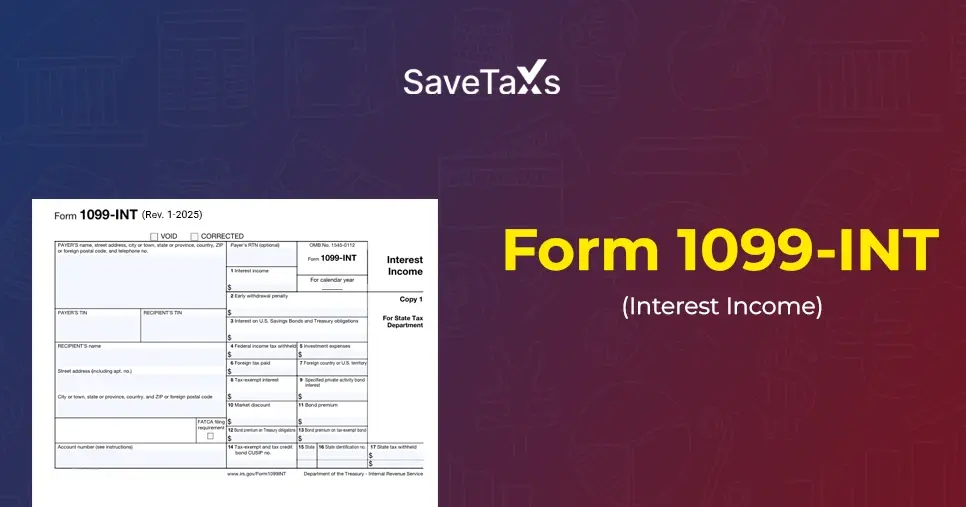
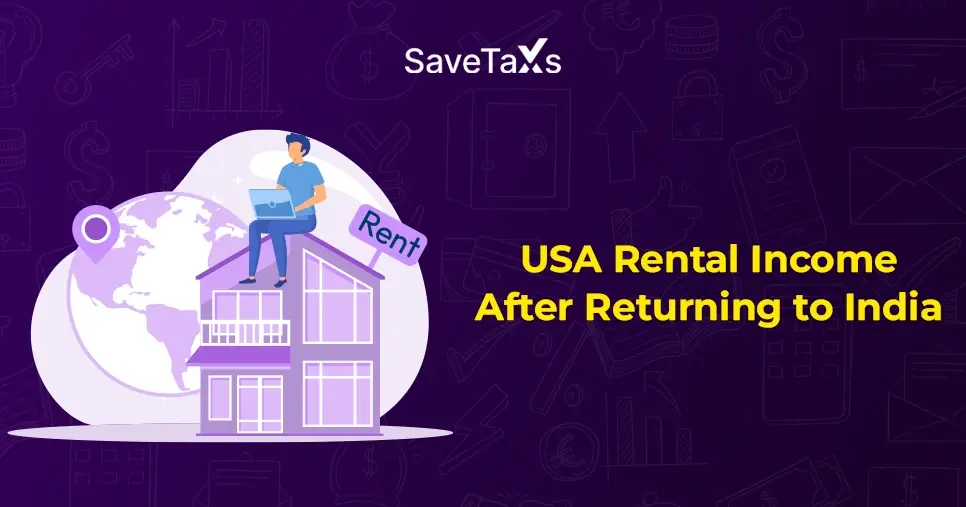
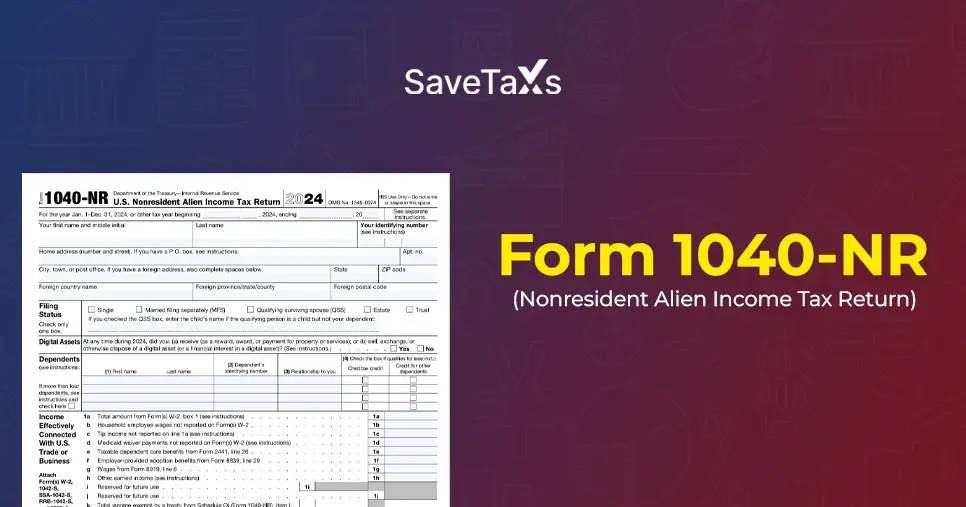
_1763555884.webp)
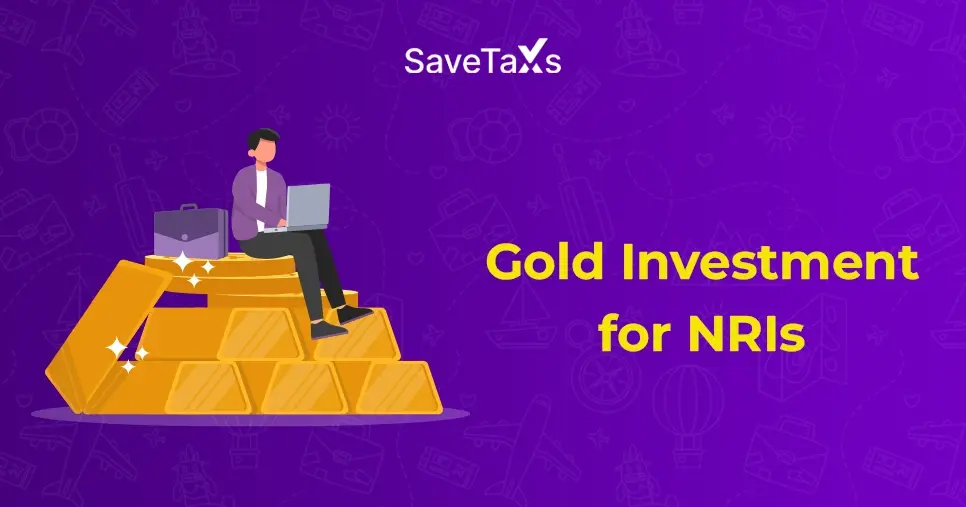
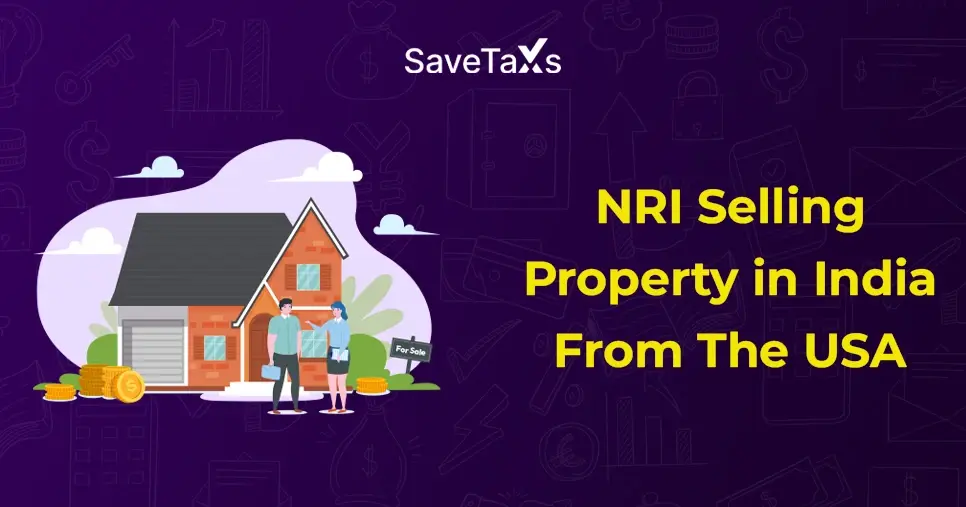
_1767164087.webp)
